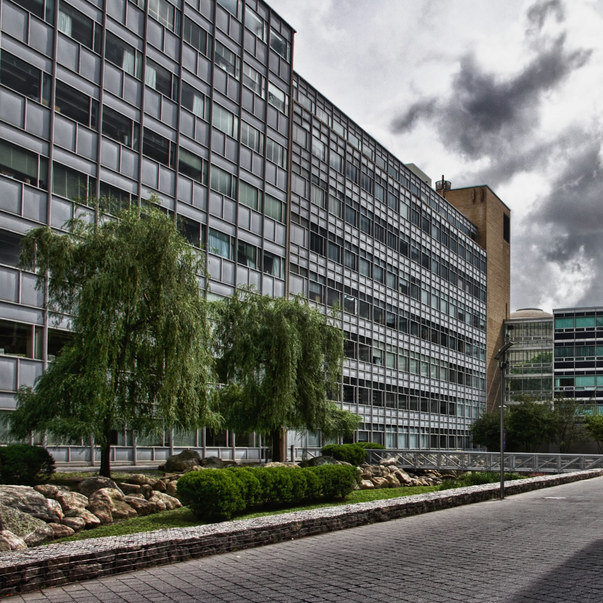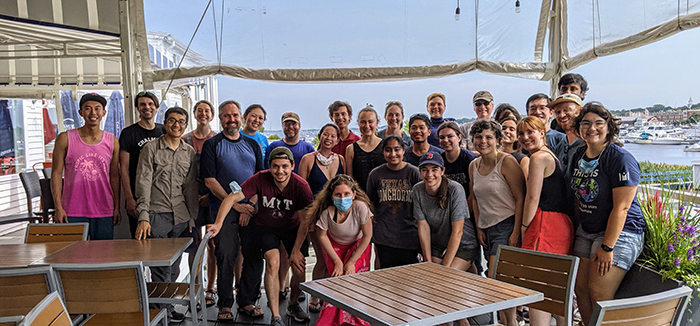

Our work has been recognized as providing contributions fostering the interface of bioengineering, quantitative cell biology, and systems biology. Our main focus has been on fundamental aspects of cell dysregulation, complemented by translational efforts in identifying and testing new therapeutic ideas. Applications addressed have chiefly resided in various types of cancer (including breast, colon, lung, and pancreatic cancers along with leukemias and lymphomas), inflammatory pathologies (such as endometriosis, Crohn’s disease, colitis, rheumatoid arthritis, and Alzheimer’s disease), and the immune system (mainly for vaccines against infectious diseases such as AIDS, malaria, tuberculosis, and Covid).
We have increasingly emphasized complex tissue contexts, including mouse models, human subjects, and tissue-engineered micro-physiological systems platforms in association with outstanding collaborators. A major emphasis is in developing and applying a principled framework for translation between species, using ‘omics-based machine learning modeling frameworks, in order to enhance the likelihood of success in moving potential treatments from preclinical through clinical stages. From our laboratory have come more than 100 doctoral and postdoctoral trainees. Many hold faculty positions at academic institutions in the USA, Canada, and Europe; others have gone on to research positions in biotechnology and pharmaceutical companies; and others yet have moved into policy and government agency careers.
